We will start by admitting that we have learned the hard way how to avoid travel scams, as we have been duped, ripped off, and taken advantage of more than once on our travels!
Between us, we have been caught out by dodgy tuk-tuk drivers, dodgy taxi drivers, dodgy tour guides and dodgy travel agents. We have also had unexpected charges on our bank cards and have been unpleasantly surprised by some very unfavourable exchange rates.
Without wanting to romanticise it, being ripped off while travelling is something of a right of passage. On Adrian’s first trip to Bangkok, he made the mistake of visiting the floating tourist trap market Damnoen Saduak, where he was effectively held hostage by the boat’s skipper until he bought overpriced tat from every market stall he stopped at. On the way back to his hostel, his taxi driver took him to two travel agents, a rug shop and a jeweller without being asked. Not a great day.
In Malaysia, Kirsty fell foul to a variation of the “your accommodation is closed” scam by the trusted tour guide she had been trekking with for a few days. The guide insisted that the hostel she had booked was unsafe and dirty. She ended up staying somewhere much more expensive that was (totally coincidentally) run by the tour guide’s brother.
On one of our first trips as a couple, we visited Bulgaria. By that time, we were a bit more experienced and happy to stand our ground against scammers and ended up having a row with a taxi driver who was trying to rip us off at the airport, followed by a row with a waiter who was trying to charge us £40 for two coffees.
More recently, the scams we have heard about are getting more technically sophisticated. Bank cards, phone charging stations, and public internet access all present potential dangers.
To be forewarned is to be forearmed, so read on if you want to learn from our experience on how to avoid travel scams.
Tuk-Tuk Scams
Tuk-tuks are the iconic and most enjoyable way to get around South East Asian cities. Rolling through Bangkok on the back of these motorised deathtraps at 2 am after a night on the Sangsom and Thai Red Bull is more than a little exhilarating.
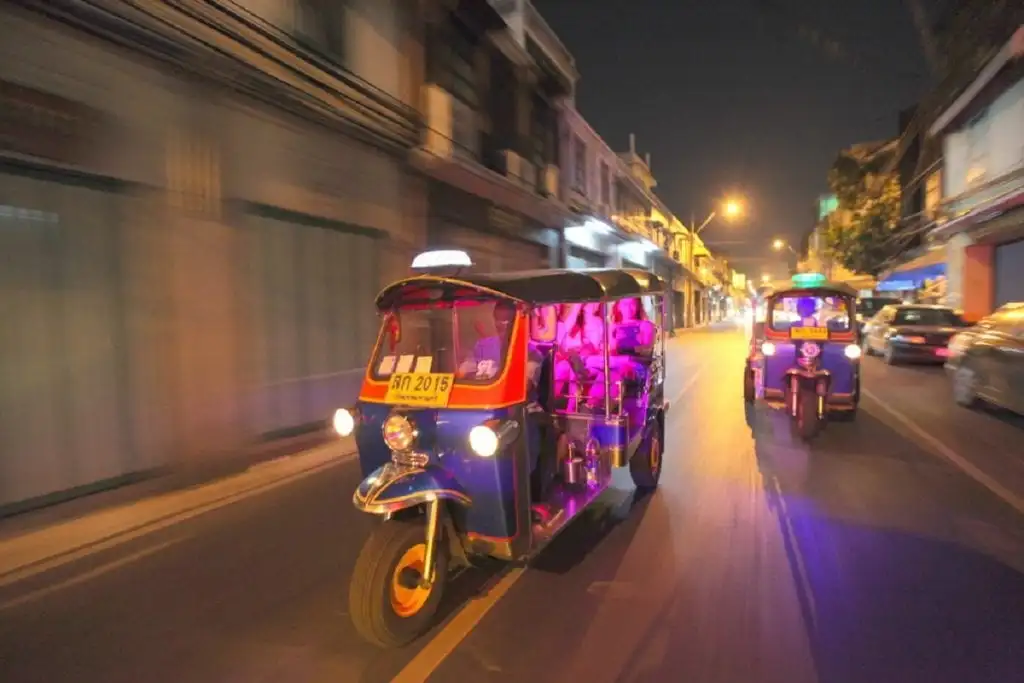
Unfortunately, during the day, travellers should be wary of the common scam of tuk-tuk drivers offering “too good to be true” prices for rides to popular tourist attractions. You may or may not get to where you want to go, but you will be dragged to travel agencies, gem shops, rug shops and all manner of tat emporiums along the way. For this, the driver receives a commission from the shop that will be far more than the agreed charge for transporting you.
While they can’t force you to buy anything, you will waste your day sitting through hours of sales pitches. Arguing with a salesman that you are living out of your backpack for a year and a two-meter-long, thirty-kilo Persian rug isn’t a practical addition to your luggage doesn’t seem to get you anywhere. The only way out of this is to walk out of the shop, abandon your ride and find another way to your destination.
If you want to get around without the hassle, use Grab Taxi (sort of the Thai Uber), which is far more reputable and reliable.
That said, tuk-tuks are still a lot more fun!
Taxi Scams
Taxi scam artists exist worldwide but are most common in poorer countries and around airports and train stations. This is probably because people are likelier to be tired after a long journey, unfamiliar with the currency and unsure what a fair price for a taxi ride is.
“The reason why so many [cults] hang around airports looking for converts: they know that people there are at their most vulnerable and perplexed, and ready to accept any kind of guidance.” – Douglas Adams
The most significant weapon you have in fighting taxi scams is your phone, which has shifted the balance of power back into your hands; fundamentally, you are no longer beholden to the driver’s knowledge. Your phone means you can check directions, quickly research how much you can expect a trip to cost and order an Uber or local equivalent at a fixed price rather than relying on waiting cabs.
The most common taxi scam is the “my meter is broken” lie, where the driver will try to charge whatever inflated price they feel like. Before you get in the taxi, insist the meter is turned on. If the driver won’t turn it on, find another licensed taxi.
When planning to take a taxi ride, try and have a rough idea of what you can expect it to cost and what route you will take by asking the staff where you are staying. Also, ensure to only ride in authorised cabs as unlicensed cabs are far more likely to be trying to dupe tourists. If you expect to have limited access to data or poor coverage, you can pre-load the maps on most travel apps.
Another scam you often get on the way from an airport is the “your accommodation is closed” scam. This scam is when the driver tries to convince you that your hotel is overbooked or closed. They will instead try to take you to a different, most likely more expensive option, where they make a nice commission for dropping you off.
This poses significant personal safety concerns, as you find yourself in a different part of town than expected. Insist on going to your original destination.
How To Avoid Travel Scams: The Passport Hostage
The “passport hostage” is increasingly common in resort towns where you may want to hire a surfboard, moped or jet ski. When you hire the vehicle, the owner asks for your passport for security. When you return it, they claim you have caused damage and won’t return your passport until you have paid an expensive repair bill. Faced with losing their passports, most people will pay.
The best way to avoid this is to refuse to hand over your passport and go and find another, more reputable place to hire.
If that is not possible, your phone can come to the rescue.
This is a tip I learned in my time renting cars: slowly walk around the vehicle, taking a video that covers every inch so you have proof that the damage was pre-existing. During the video, verbally describe the damage you see and take close-ups of it. If you can, ensure the person hiring the vehicle sees you take the video and get them to agree to the preexisting damage on the recording. If they want to scam you, they may change their mind when they see how savvy you are.
How To Avoid Travel Scams: Currency Confusion
This is one of the more common travel scams. When you are in a country where you are not familiar with the bank notes, a shopkeeper will try and claim you gave them the wrong amount when you paid.
Adrian was suckered by this in New York when paying for a taxi to the airport (there seems to be a theme around scams, taxis, and airports). He paid the $70 cab fare with a $100 bill, but the taxi driver insisted he had only given him a $1 bill. A brief argument was had, but Adrian decided it was not worth the trouble as his bags were in the boot, and he had a flight to catch.
American notes are one of the worst for this scam as they are all the same colour, size and texture (how partially sighted people cope is beyond us!). The best bank notes we have experienced are in Costa Rica, where each note has a distinct colour, size and appearance, so there is no chance of misunderstanding.
The solution to avoiding this scam is to pay by card where possible and take the time to recognise the different notes before you spend them.
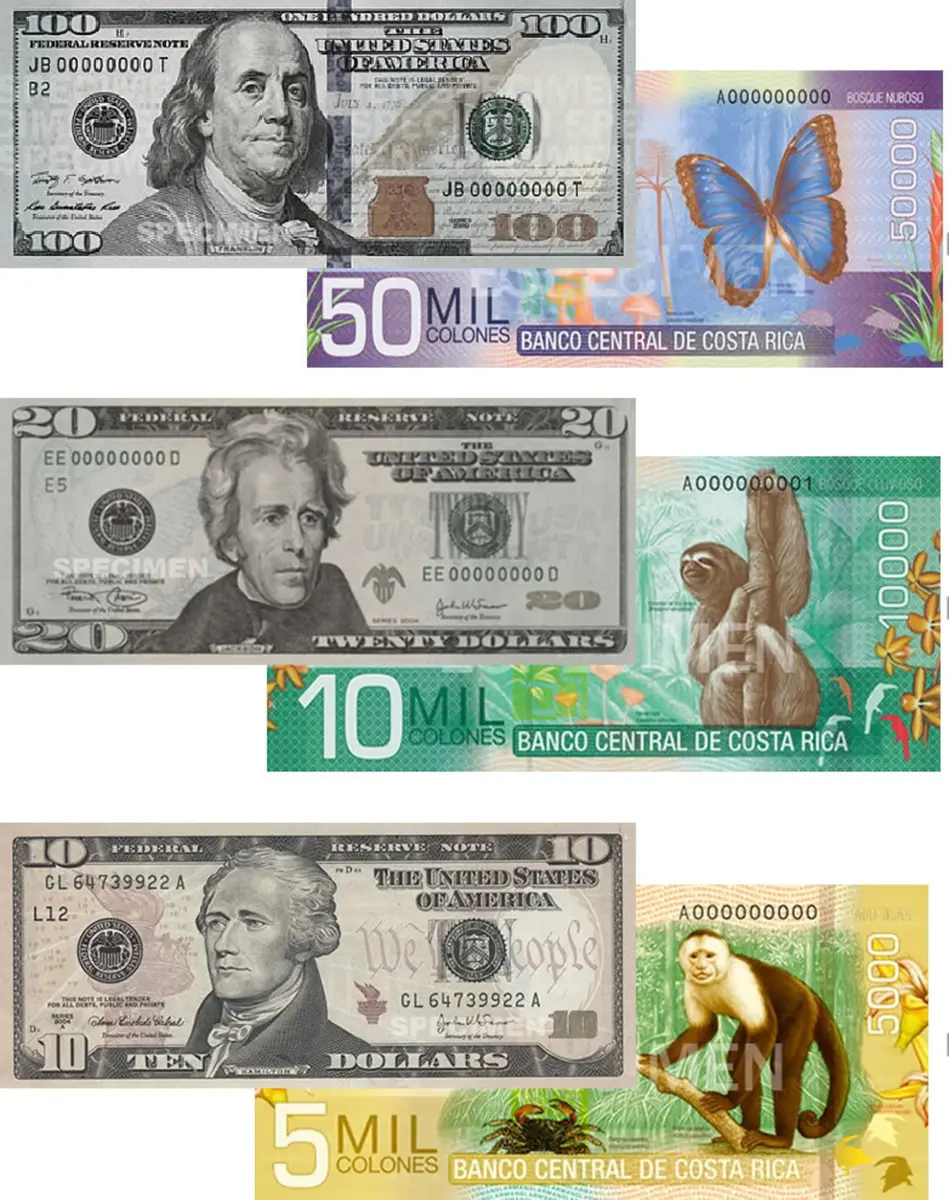
Beg-packers
It is a sad fact of life that you will encounter begging in many places you may want to visit, but one type of beggar that can catch you off guard is “beg-packers.” Beg-packers are Western travellers who fund their trip by begging from other backpackers and local people. It is getting more common in South East Asia, leading to authorities cracking down.
Beg-packers will often target other travellers to exploit the camaraderie of people on the road, and they usually hang around airports, bus stations or parks where there is a large footfall of people.
The typical approach is to strike up a conversation and then ask for money for food or accommodation. If you refuse, they may get rude or aggressive.
To us, it is beyond reason that someone should travel from somewhere as wealthy as the US or UK and beg for money from some of the world’s poorest.
Of course, there are genuine times when you may want to help a fellow traveller down on their luck. Recent examples would be travellers who were stranded during COVID-19 or during the demonization in India in 2016.
We will leave it to you to make the judgement call, but don’t be afraid to say “no” if you feel like they are not genuine.
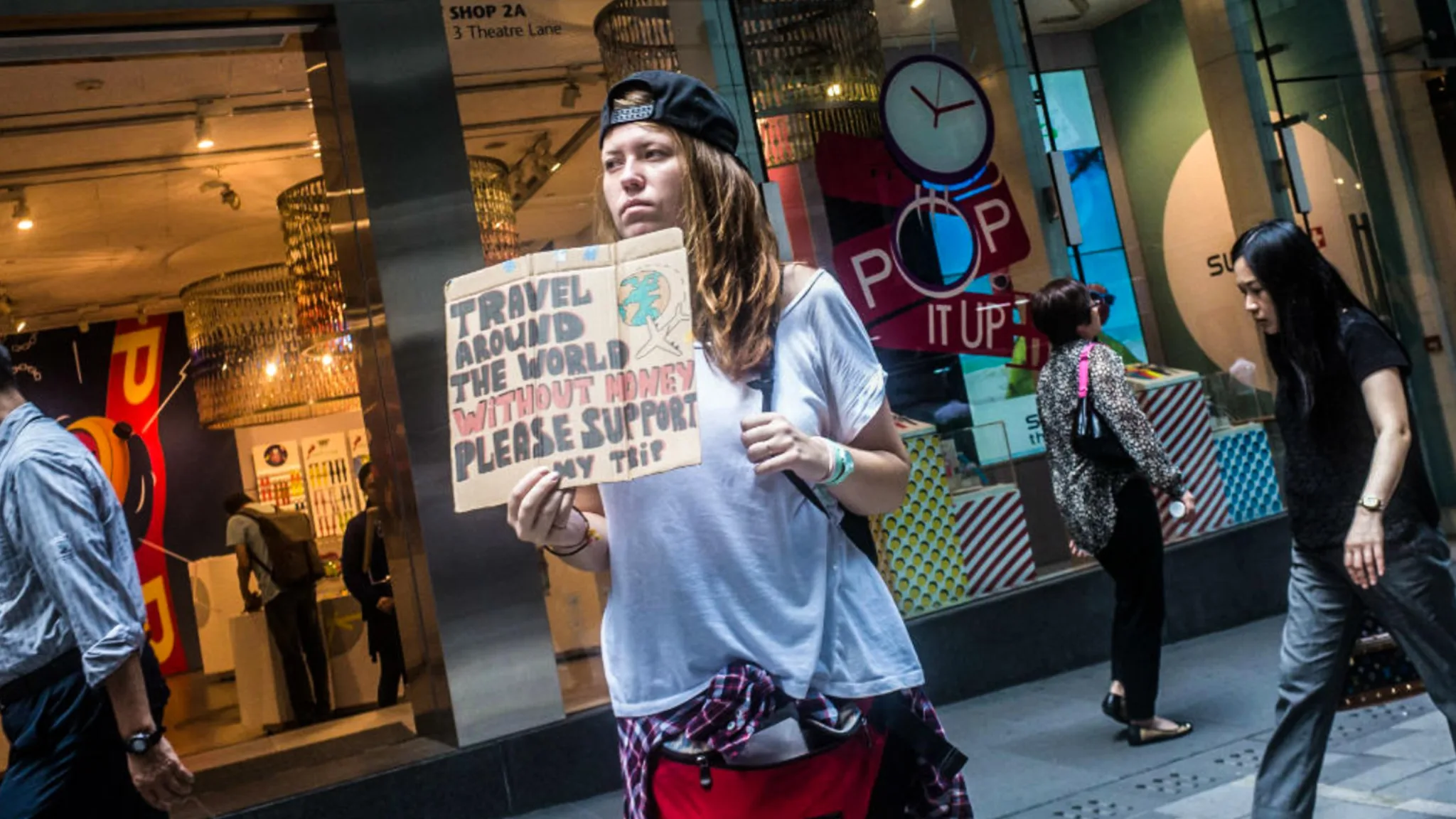
The Long Con
This is one of the more upsetting scams on this list as it is what we would term a “confidence” scam rather than an in-the-moment exploitation.
The format for this scam is pretty straightforward: you meet someone while travelling, such as a tour guide or driver, and get to know them. You grow friendly and exchange numbers. Your trip ends, and they stay in touch, messaging every few weeks with news from their life or pictures from their country. This goes on for a few months or even a year, and your connection deepens. This is when they spring the scam by asking for you to wire transfer them money.
Initially, the amount may be quite small, say in the region of $50. A common story they may use is that they are stuck in a foreign country and need money to get home. Another story might be they need the money for a sick family member. Usually, they will promise to pay you back.
Your best course of action at this point is simply to block them and chalk the whole thing up to experience. There are those who would argue that if you are in a position to pay, you perhaps should, however, be warned that this could be the start of a bigger scam.
If you do pay the $50, there is a chance that they will pay you back, but then the next month ask for $500 or $5000 dollars. In scam terms, the $50 is called “seed” money. The initial borrowing and repaying of relatively small sums of money is designed to build confidence so they can scam more later.
In all honestly, if anyone you meet travelling asks you for money months after you finish your trip bar far, the most sensible choice is to ignore the request and block them from your phone, but if you feel like you have built a genuine connection with them we understand how hard that could be.
How To Avoid Travel Scams: The Bogus Travel Official
This one was suggested by Debbie in our comments and is especially common in tube, train and bus stations.
As you pause to try and work out what ticket you will need and where to get it from, a well-dressed, friendly, official-looking person approaches you to “help”. They will take you to the machine where they will claim the bank card reader isn’t working, but they will accept the cash and they can get you the ticket you need. At this point, they either vanish with your cash or come back with the cheap, single-use ticket. By the time you realise that you have been scammed, they are long gone with your money.
Another variation of this we saw when we arrived in Tangiers off the ferry (world renowned as being scammer central) when an “official” tried to help us fill out the immigration forms, claiming he was from the government. He spent 20 seconds writing our names on two slips of paper and then tried to charge us the equivalent of £50 for the trouble. We declined and did it ourselves.
What made the Tangiers scammer mind-boggling to us was that he was standing next to passport control, that supposed secure safe haven. The passport officials seemed to be fully aware of what was going on and did nothing at all to stop it. It is the only time we have known a scammer to work in a supposedly secure area with apparent impunity from the authorities.
Border Crossing Scams
Border crossings, especially in South East Asia and Central South America, are rife with scams among the guards. In particular, Laos has a terrible reputation for spontaneous new taxes being invented by AK-47-wielding border agents as you travel through their airports or land crossing points. In all honesty, these situations move from scam to straight-up extortion.
Our advice: pay them quickly and without complaint.
Frankly, arguing with a guard who has an assault rifle and the power to detain you indefinitely over $20 is a bloody stupid idea. Hand over the cash and be on your merry way.
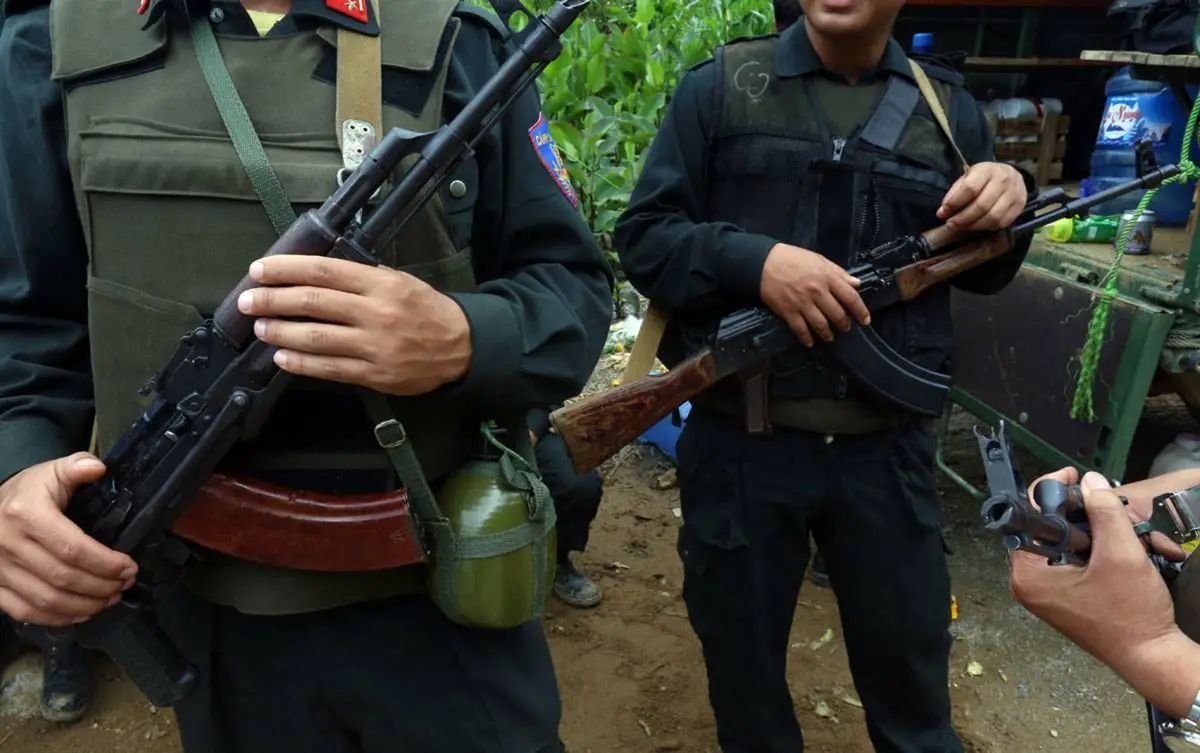
Bank Card Scams
We are now taking a look at the more sophisticated scams you may face. When travelling, one of the biggest headaches for your travel plans is losing your debit cards or having them cloned. Adrian lost his when in South East Asia, and the only solution was to get a friend to FedEx the replacements to him in Laos from the UK. In the meantime, he had to survive on Western Union transfers. In all, it took nearly three weeks to get his new cards to him.
Luckily, there are some straightforward things you can do to avoid most of the scams you will face.
- Use contactless payments using your phone with Google Wallet or Apple Pay, as it is far more secure than using your bank card. When you use your phone for contactless payments, the app generates a temporary card number for that transaction. Even if the card number is intercepted, it will be useless when the transaction is complete.
- If you are using your physical card, before using a cash machine or payment terminal, check for a skimming device which will clone your card. Be warned; these devices can look like the real thing!
- Don’t let anyone take your card out of sight while paying – even for a moment. They could be using a skimming device to copy data from your card or run additional charges.
- Ask for a receipt to ensure you have been charged the correct amount.
- Keep a close eye on your banking apps in case you get any unexpected charges from supposedly reputable companies. In Costa Rica, we found an additional charge from one of the Cloud Forests we visited, and we were certain we hadn’t made a second transaction. We tried unsuccessfully contacting them numerous times to sort out the error, but in the end, we got our bank involved to charge back the payment.
- When given a choice, always pay in the local currency, not your home currency. The merchant’s bank sets the exchange rate if you pay in your home currency, which may not be as good as your own bank.
- Report any lost or stolen cards to your bank or credit card company as quickly as possible; this will immediately stop any unauthorised transactions. AMEX is the most efficient at this of all the banks we use. When we reported our cards missing in London they blocked the old card, posted a new one and automatically updated the card on our Google Wallet account so we could continue using our phone to make contactless payments without interruption..
- If you carry your cards in your pocket, protect them with RFID blockers. These blockers will stop anyone with a scanner from charging your card, a prevalent scam on packed public transport.
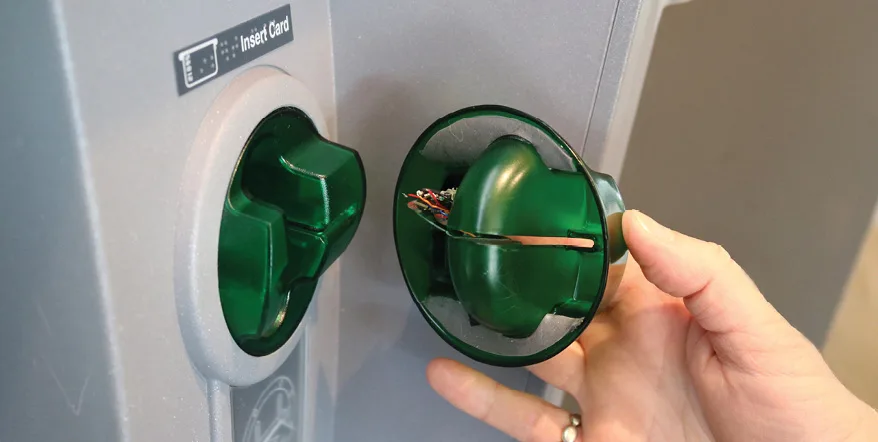

For more ideas on managing money while travelling, check out our post on How to Save Money and Stick to a Budget on the Road.

For more ideas on managing money while travelling, check out our post on How to Save Money and Stick to a Budget on the Road
Public Wi-Fi Scams
Another high-tech scam that has recently become more common is hackers creating open Wi-Fi in public spaces such as airports to steal information. Public places make an excellent cover for hackers who can easily set up malicious hotspots and steal personal data sent over their compromised networks.
Typical targets for these hackers would be your passwords, bank info and credit card details. This crime is especially nefarious because the victim may not even know they have been hijacked until it is too late.
We all know that when travelling, avoiding public Wi-Fi is not easy as we all rely on hotels and cafes to get connected. The solution to this is to use a VPN to shield your information. A VPN is a virtual encrypted tunnel between your phone and the internet that protects all your information from prying eyes. Confused – don’t worry!

For tips on protecting your data when on the road with children take a look at this article: Staying Safe Online: The Importance of Using a VPN When Travelling with Kids

For tips on protecting your data when on the road with children take a look at this article: Staying Safe Online: The Importance of Using a VPN When Travelling with Kids
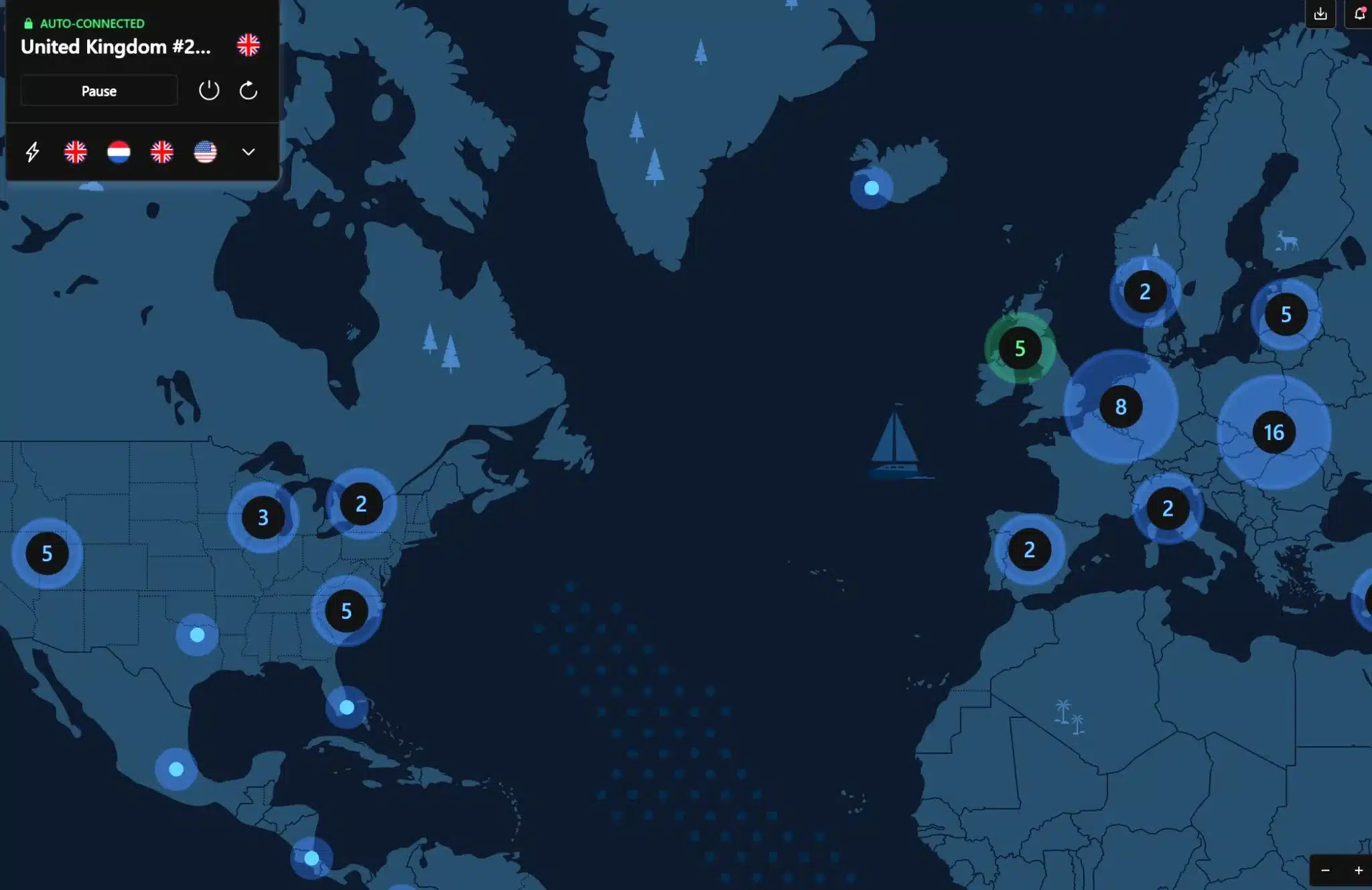
How To Avoid Travel Scams: Juice Jacking
Juice Jacking is another new tech scam that is especially dangerous to travellers who are more likely to rely on public charging facilities.
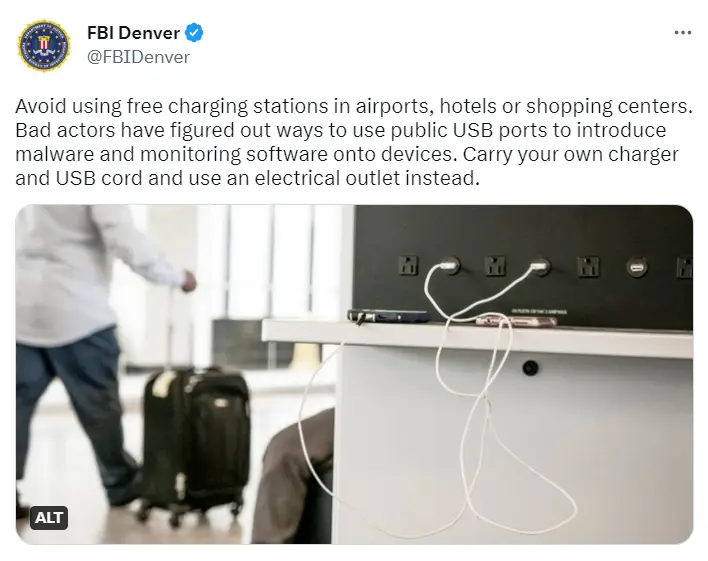
Juice jacking is a cyber-attack where hackers use illegally modified USB ports to gain unauthorised access to your mobile device by installing malware or stealing information when you plug in your device to charge.
Hackers can siphon off your data, like passwords and credit card details or even install malicious software onto your mobile. Given how much we rely on our phones, this is worrying.
To protect yourself from juice jacking, it is advisable not to use public USB ports to charge your phone but instead charge from a mains plug socket. The other way to avoid this is to carry a portable power pack.
The Moment of Truth: Is it Worth Argument?
There will come a moment on your travels when you realise you are being scammed; this is the moment of truth. What happens next depends on the power dynamic of the situation and your thirst for an argument.
Adrian knew he was getting scammed in that taxi in New York, but he had a flight to catch and the driver had his bags, time to pay up.
When the waiter tried to overcharge us for coffee, we ignored his shouting, threw down 10 Lev and walked out.
When the Bolivian security guard asked for a “processing fee” of $20 as he checked our bags, we couldn’t have given him the money any quicker.
When the carpet salesman would not take no for an answer, we said thank you for the tea and left.
The moment of truth comes down to a simple question: is it worth the trouble of the argument?
That depends entirely on you and how you perceive the balance of power in the situation, but there is no shame in prioritising safety over being right.
The longer you travel, the quicker you will spot potential scams and the braver you will feel in fighting your corner.
If you have fallen for a scam, do not feel bad. You are not the first traveller to do so, and will certainly not be the last!
As we have hopefully made clear above, we have fallen for more than our fair share. Embrace them as part of the travelling experience; at least you will have a good story to tell when you get home.
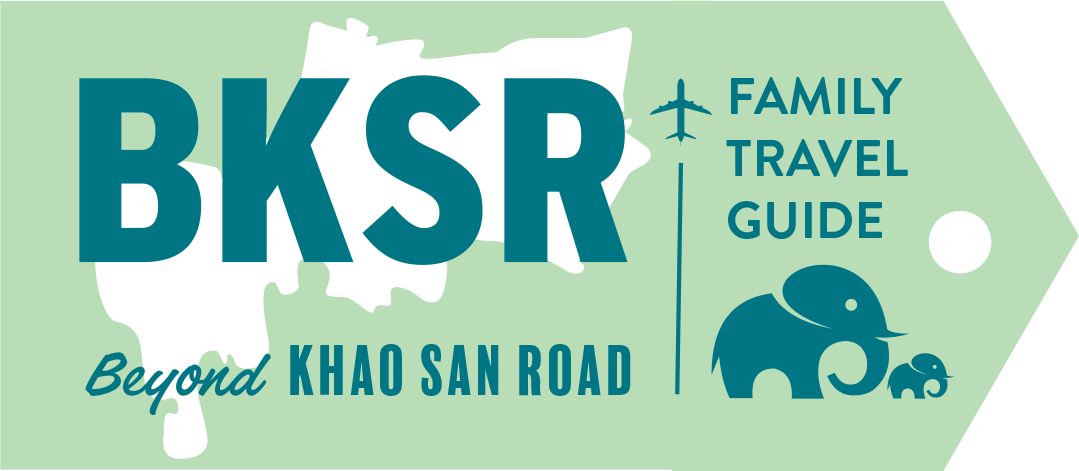

Recently my ordeal or lesson learned as a single lady traveller be careful hiking alone pick a reputable tour guide in one if the many sites available online . To accompany you, make sure you leave your hotel, hostel etc telling the receptionist exactly where you are going , relay that message to family or friends at home.
On one tour to Albania, on a guided tour with a company the coaches stop off at the usual cafes, shops or silver shops that earn commission from that tour guide persuading you to take a look as politely I will put it. One such stop at a sky bar where you could take 369deg pictures , use toilets .what the guide didn’t tell you was you were then not allowed back down in the lifts until you purchased very expensive lunch ,15 floors , no stairs other than one going to a floor below which I managed to negotiate and squeeze in a lift with a bunch of very distressed and worried tourists. No tour guide to be seen until we were due to get back on the coach .
Oh Helen, what a nightmare!
The worst part of this is that your tour guide set you up for it, what a betrayal of trust.
Oh this reminds me of a real bad experience I had!
I wanted a 5 day Zone 1-5 Paris Visite Pass so I could get around and get to the airport on day 5. At the Metro, I went to services, I got approached by a woman with an official badge and asked if I needed help. She ‘helped’ me get a the pass I wanted, I saw it pop up on the machine and the card reader actually wasn’t working which I could see. There was a part you could put notes in, she said to me that’s not working and she put her ‘official’ card on the reader and said to pay her the cash. I watched the ticket print which made me think it was legit. When getting the ticket out of the machine she must have switched the tickets in her hand and gave me a 2 hour ticket. So I’ve paid 75 euro for an expired two hour ticket.
I know this is my fault and I should be more careful but with the whole official cards and being next to the service centre where PEOPLE were working you think it would be legit. The actual people working saw my conversation too and just let it play out.
Don’t feel bad Debbie – look on the bright side, at least you have a good story to tell!
We will defo add this to the article.